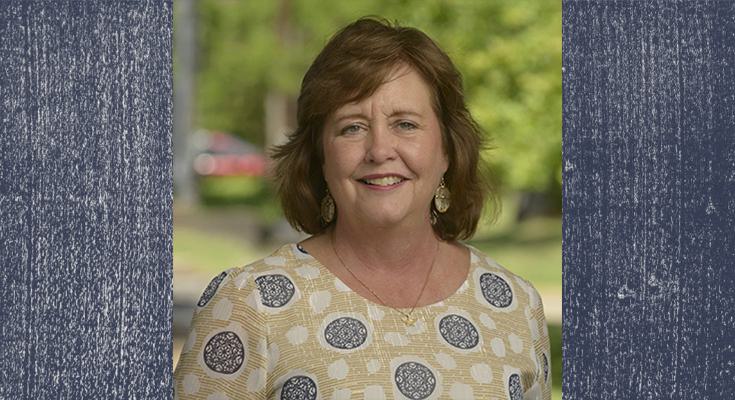By Craig Monger
Rep. Charlotte Meadows (R-District 74) is continuing her campaign for school choice in the state of Alabama.
Meadows is the founder and board President of Lead Academy, the first charter school in Montgomery. Meadows has long been campaigning for equal funding for charter schools.
Charter schools are one of the solutions that Meadows proposes for providing school choice. Charter schools are publicly funded schools that use different charters, which allow them to operate outside of traditional governing school bodies. These schools are not subject to state and local educational statutes, rules, regulations, or policy, except those relating to civil rights, health and safety, standardized assessments, the Open Meetings Act, and competitive bid laws.
Charter schools are also not limited by county boundaries and can accept students regardless of their residence. However, charter school students must meet specific criteria for educational proficiency within the first five years of operation or face dissolution.
In mid-November, Meadows attended the ExcelinEd Summit, which seeks to provide and develop result-based strategies for reforming education in the country. On Nov. 18, between events at the summit, Meadows appeared on Phil Williams' Rightside Radio show to address citizens' struggles in exercising school choice.
"It's been a great meeting," Meadows said. "It's good timing to talk about school choice because that's what this conference is all about. It's really inspired me to come back to Montgomery and try harder because we're not getting it done in Alabama."
West Virginia has recently passed legislation allowing for open enrollment for students. Open enrollment does not remove students from the public school system but does prevent their choice from being limited based on residential location. Meadows has suggested that similar legislation would be advantageous in improving the success of Alabama schools.
"West Virginia passed a very comprehensive, all–students-are-eligible, education savings account,” Meadows said. “It includes money for anything the student needs to go to school or get an education. They don't even have to go to school; they can be homeschooled. It's very encompassing … I would really like to see a statewide education savings account [in Alabama]."
Meadows also claims the restrictions put on schools and students during the COVID–19 pandemic endeared parents to the idea of school choice. She further stated that the pandemic gave parents a glimpse into the state of their child's education and what parents want to be changed in the education system.
"Parents don't realize it, but they are their child's best advocate, and they're the child's first teacher,” Meadows said. “That's what's happened in the past year-and-a-half is that … parents have become the teacher whether they wanted to or not, by virtue of the fact that the schools were closed.
"Go back in history. Every time we've had a major disruption in life, something really good has come out of it. With this pandemic, a good thing that can come out of it is turning education upside down on its head so that every child gets what they need and that the system provides for the child's needs. Not that the child goes to school and has to [fit] their square peg in a round hole. But that the school system works to provide [for] the needs of every child… If we could fund every student for the needs that they have, that would be real school choice."
School choice is not the only solution recommended by Meadows. Literacy programs and emphasizing reading are also paramount for improving Alabama's educational system, which is ranked 50th in the nation. Meadows also cited Alabama's ACAP testing, stating that 50% of third graders in the state's school system could not read at a third-grade level.
"We used to always say 'Thank God for Mississippi' because they ranked lower than we are," Meadows said. "But they're not anymore because they made some changes and focused on literacy and they've trained all of their teachers how to teach reading; and, within eight years, they've gone from 50th in reading to 23rd in the nation. If they can do it in Mississippi, don't tell me we can't do it in Alabama."
Meadows does not believe that school choice will be a priority for the Alabama legislature in the upcoming session because of the forthcoming elections. Meadows intends to push for education reform despite any trepidation from the legislature while she remains in office.
"I'll credit it to the fact that this is an election year," Meadows said. "You know how little gets done in an election year. Nobody has an appetite for anything big. That being said, this may well be my last year in the legislature, so I probably will have the appetite to bring some big things to the legislature."










